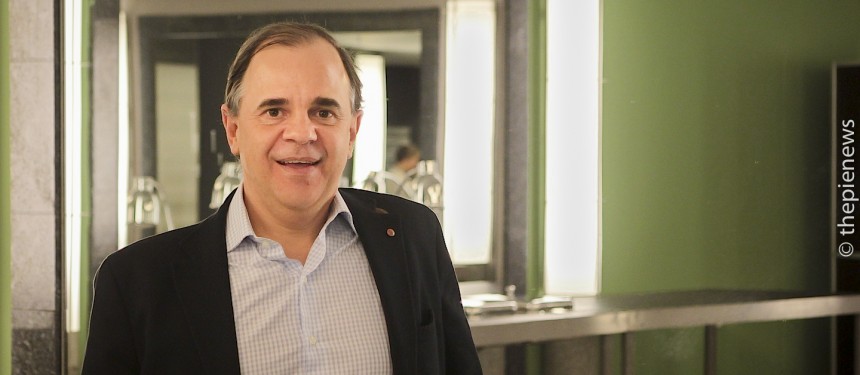VHB: That’s right. Actually this year is our 25th anniversary. We’ve been growing consistently and we regard the organisation as the fastest growing among the top agencies in Brazil. When we began, there were other players that are still there but we’ve managed to do it more rapidly.
The PIE: And how have you managed to grow so quickly?
VHB: From the first days of the company we always looked at what the consumers would like to have, and we listened very carefully to what they want. Today we have different tools like social media and other means of listening to what they want and we have managed to continue on that track.
The PIE: And how many students are you sending out of Brazil now?
“From the first days of the company we always looked at what the consumers would like to have, and we listened very carefully to what they want”
VHB: In 2013 we will be sending 65,000 people overseas, including all the different programmes and also the travel arrangements that some people continue doing with us.
The PIE: What sorts of programmes are particularly popular right now?
VHB: The most promising sector that we see is the teen programme. We realise that they are starting traveling much younger than they used to, so we have options from the age of ten.
The PIE: How did you start CI?
VHB: CI had two founders, Celso and myself. Over 25 years ago we were in charge of an internship programme that used to send university students overseas, under the umbrella of IAESTE which is a sister organisation of AIESEC. IAESTE stands for the International Association for the Exchange of Students for Technical Experience. And together with that we’ve been adding new options and new programmes. CI has always been different in that we also do inbound programmes under a different brand named ABIPE.
The PIE: Where are the students typically coming from to come into Brazil?
VHB: For internship options, most come from Germany. I would say that around 40% are from Germany because in this internship programme for every place that we get overseas we have to open a position in Brazil. They do a lot in mechanical engineering, electrical engineering, computing, science and other technical fields of studies.
The PIE: With the government’s Science Without Borders programme, it seems like now there’s a national commitment to language, capabilities and international education, has it always been like that?
“The most convenient and the wisest way to learn a language is to do it overseas”
VHB: No, I think that the initiatives from the federal government are very positive for our sector because it helps set the minds of Brazilians in a broader way. Latin America is not as integrated as other continents. Brazilians still see things more domestically in a way and less internationally. I believe that this programme sponsored by the Brazilian government is very constructive in many ways. Unfortunately there are not many English teachers in Brazil so the language barrier is very difficult to overcome. The most convenient and the wisest way to learn a language is to do it overseas. It is a particular situation that is sound for CI businesses because Brazilians must speak better English.
The PIE: Do you ever consider offering English language training domestically?
VHB: We had some experience in that area and we thought it would be more connected to what we do, but it’s a very different business altogether. It’s a very competitive market in Brazil. I would dare saying that a country of our size has the highest number of language schools; I would estimate something around 10,000 different schools. And unfortunately with poor teaching opportunities because there are not enough English teachers in place. As a result, re-enrolment is very low as participants don’t improve their language skills.
The PIE: How have your education partners changed and improved their products over time?
Related articles




One Response to Victor Hugo Baseggio, CI, Brazil